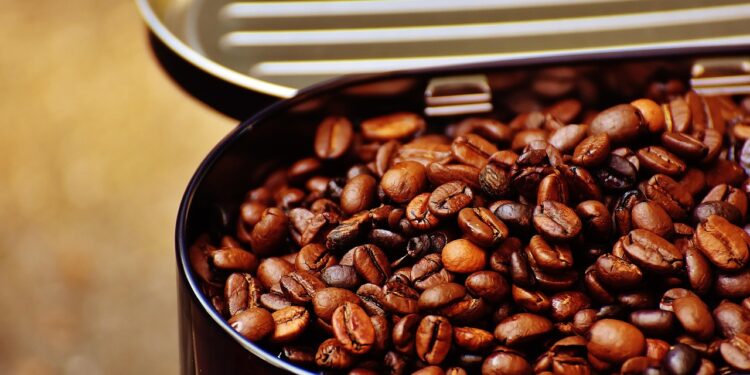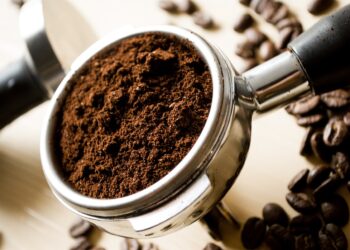Coffee and Hydration: Debunking Common Myths
Amidst the myriad of health topics discussed among enthusiasts and experts alike, the impact of coffee on hydration is one that continues to spark debate. This article dives into the scientific evidence behind coffee consumption and its effects on hydration, debunking prevalent myths and illuminating facts that every coffee lover should know.
The Diuretic Effect of Coffee: Fact or Fiction?
One of the most prevalent myths is that coffee, primarily because of its caffeine content, acts as a strong diuretic. A diuretic substance increases the body’s production of urine, leading to concerns about dehydration. However, scientific studies suggest that the diuretic effect of caffeine is mild and temporary, particularly for regular coffee drinkers whose tolerance to caffeine might reduce this effect significantly.
Understanding Caffeine Tolerance
Regular consumption of caffeine leads to tolerance, which means the diuretic effect decreases over time. Studies have shown that for people who consume coffee regularly, the diuretic effects are much less significant, making coffee a suitable beverage for maintaining hydration levels comparable to that of water in these individuals.
How Much Coffee Is Too Much?
While debunking the dehydration myth is crucial, it’s equally important to address the optimal consumption levels of coffee. Drinking coffee in moderate amounts, typically 3 to 4 cups per day, can be part of a healthy diet and does not pose hydration issues for most people. However, consuming excessive amounts can lead to side effects, which could include disrupted sleep patterns and jitteriness.
Coffee’s Contribution to Fluid Intake
Contrary to popular belief, the water content in coffee contributes to daily fluid intake. A standard 240 ml (8 oz) serving of black coffee contains about 95% water, making it a significant source of fluids, albeit with caffeine. The key is balance and understanding how your body responds to caffeine.
Nutritional Aspects of Coffee Relevant to Hydration
Coffee is not only about caffeine; it also contains essential nutrients and antioxidants that can contribute positively to overall health. For instance, magnesium and potassium found in coffee help in maintaining electrolyte balance and proper cellular function, both crucial for optimal hydration status.
The Role of Antioxidants and Electrolytes
Antioxidants in coffee, such as chlorogenic acids, have various health benefits, including fighting free radicals and reducing inflammation. Similarly, small amounts of electrolytes like magnesium and potassium help manage fluid balance within the cells, indirectly supporting hydration.
Addressing Common Questions About Coffee and Hydration
Does Coffee Cause Dehydration?
No, when consumed in moderation, coffee does not cause dehydration. The body quickly adapts to the diuretic effect of caffeine, especially in regular drinkers, and continues to benefit from the fluid content of the coffee.
Can Drinking Coffee Help Meet My Fluid Needs?
Yes, coffee can contribute to your daily fluid needs. It should not replace water but can be considered part of your overall fluid intake alongside water and other beverages.
Practical Tips for Coffee Lovers Concerned About Hydration
- Monitor Your Body: Pay attention to how your body responds to coffee and adjust your intake if you notice symptoms of dehydration, such as persistent thirst or dark urine.
- Hydration Balance: Try to pair your coffee with a glass of water if you’re concerned about hydration. This can help offset any mild diuretic effects and ensure you stay well-hydrated.
- Vary Your Beverages: While coffee contributes to fluid intake, variety is key to good nutrition. Include herbal teas, water, and other hydrating drinks in your diet.
Conclusion
In conclusion, the claim that coffee causes dehydration is largely a myth, particularly for those who drink it regularly. By understanding how coffee and its components affect hydration and adhering to recommended consumption guidelines, coffee enthusiasts can enjoy their favorite brew without undue worry about dehydration. Embrace your coffee habits but remember, moderation and variety are the pillars of a healthy diet and optimal hydration.
This structure, enhanced by HTML headings, allows for better readability and keyword optimization. It discusses the impact of coffee on hydration, supports information with scientific evidence, and integrates keywords naturally within the content to improve search engine visibility.





